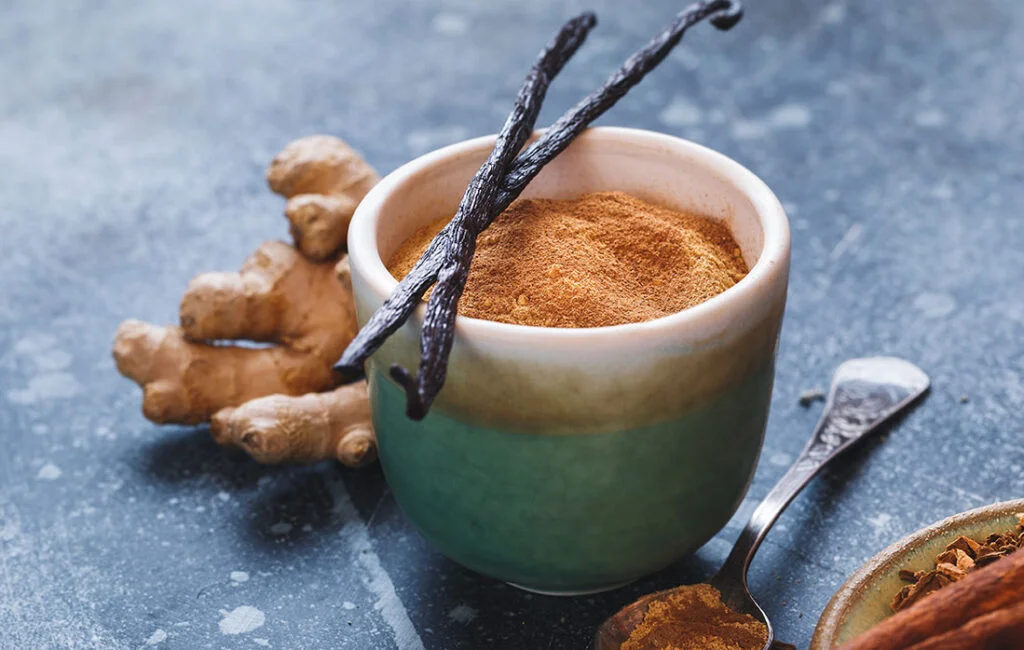
Scents have long been a fairly innocuous way to aid relaxation and get some shut-eye. So, undoubtedly, anyone who’s hit the Internet in search of an herbal answer for their sleepless nights would have come across lavender as a good remedy for what ails them.
And, to be honest, it’s not the worst idea. The soft purple buds of the popular herb emit a sweet, delicate fragrance that’s light, fresh, woodsy, and evergreen. And perhaps more importantly, there’s pretty good evidence to support the fact that lavender can help reduce anxiety and promote sleep.
For example, one 2004 study found that using lavender essential oil may help increase the amount of slow-wave sleep – that is, the third, and most restorative, stage of sleep – you get. A more recent study, published in 2015, found that lavender essential oil can be a safe, non-prescription method for improving sleep problems such as difficulty falling and staying asleep and daytime sleepiness.
The only problem here is that fragrances are highly subjective, so this sleep remedy go-to might not tickle everyone’s fancy. If that sounds like you and lavender doesn’t float your boat to dreamland, some research suggests that vanilla might have the same effect.
How Vanilla May Reduce Anxiety, Stress, and Promote Restful Sleep
Yes, you read that right; the humble bean that adds a sweet layer of complexity to your favorite desserts may have some fringe benefits you never dreamed of.
“There is some evidence to suggest that vanilla scents can help to promote sleep,” says Nicole Eichelberger, a BSM-certified sleep expert specializing in insomnia, apnea, and circadian rhythm disorders. “Specifically, the scent of vanilla is believed to be calming and soothing, which can help to reduce feelings of stress and anxiety and promote a sense of relaxation.”
Emerging research supports that claim. For example, one study on mice showed that inhaled vanilla could mitigate pain and produce a relaxant effect. Another study suggests that inhaled vanillin boosts serotonin and dopamine levels in the brain, and “animals exposed to the odor of vanillin exhibited a significant decrease in symptoms of depression.”
One study on premature and full-term infants showed that the odor of vanillin contributed to a soothing effect prior to and during routine blood draws.
It’s important to note that many current studies on the subject are small or are done on animals, so more research is needed to determine how it may specifically help you sleep better. However, a 2020 review of multiple studies in Nutrition Today suggests that exposure to vanillin “influenced respiratory patterns during sleep” – the authors were quick to note that this research is preliminary, but also suggested that vanillin could potentially provide some relief to sleep apnea sufferers.
The TLDR: While more research on humans is needed to determine specifically how vanilla might help you sleep, it likely won’t hurt you to incorporate some vanilla scents into your wind-down routine if you’re looking for more ways to relax before bed (and that, in turn, may help you drift off to dreamland a little more easily).
How to Incorporate Vanilla into Your Bedtime Routine
If you’re thinking about giving your nightly routine a sweet boost, Eichelberger points out you’ve got plenty of options.
• Aromatherapy: Use scented candles or vanilla essential oils through diffusers in your bedroom to create a relaxing environment
• Vanilla tea: Grab your teapot or kettle and try a cup of sleep-promoting vanilla-flavored tea to help you unwind and relax before bed.
• Apply vanilla-scented lotion or oil to the skin before bed
• Use a vanilla-scented pillow spray
• Add a few drops of vanilla extract to your bath water
While scents and fragrances are relatively safe, Eichelberger cautions, “everyone’s response to scents is different; what works for one person may not work for another, so it’s best to experiment with different ways of using vanilla to see which works best for you.”
Additionally, if you’re taking any medications or supplements, talk with your doc about possible contraindications or interactions before incorporating any vanilla essential oils or products into your nighttime routine – when in doubt, it’s better to be safe than sorry.

























